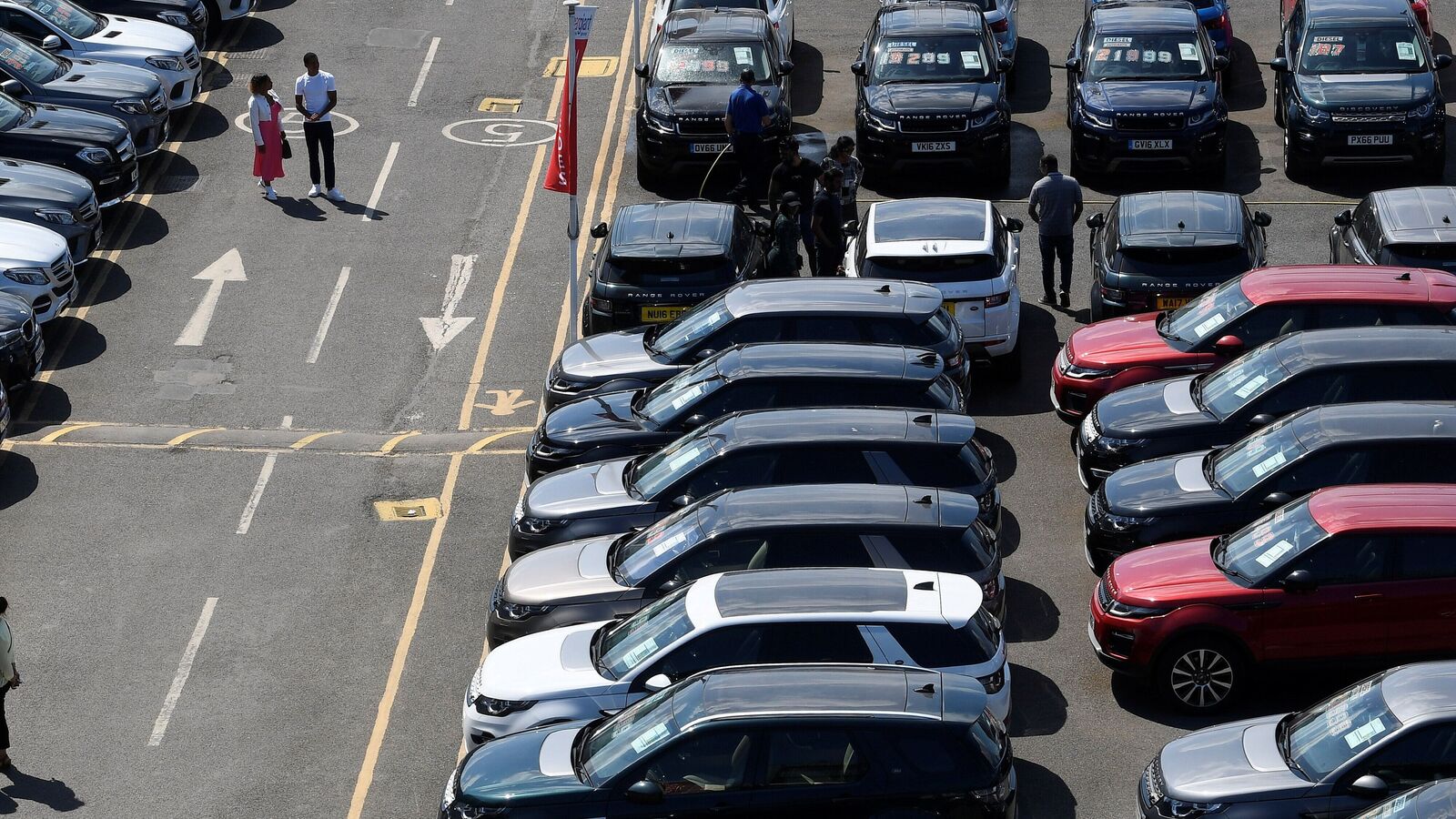Deloitte’s 2024 Global Automotive Consumer Study (GACS) has indicated that almost 50% of the Indian consumers are willing to get newer technology vehi
…
Deloitte’s 2024 Global Automotive Consumer Study (GACS) has unveiled a shift in consumer preferences within India’s automotive industry. The study indicates that nearly half of Indian consumers are considering a shift away from Internal Combustion Engine (ICE) technology, posing a near-term challenge. Additionally, 24 per cent of Indian consumers are leaning towards Hybrid Electric Vehicles (HEVs) for their next vehicle purchase.
Affordability emerges as a critical factor influencing purchasing decisions, with 80 per cent of consumers opting for vehicles in the ₹5 lakh to ₹25 lakh price range. Notably, preferences for both ICE and EV engines within the ₹10 lakh to ₹25 lakh bracket stand at 59 per cent and 58 per cent, respectively. Furthermore, consumer preference for ICE and EV vehicles priced below ₹10 lakh was recorded at 23 per cent and 22 per cent, respectively.
Environmental consciousness is a driving factor for 68 per cent of respondents, while 63 per cent are concerned about reduced fuel expenses. The availability of charging infrastructure is crucial, with 66 per cent intending to charge their vehicles at home and 22 per cent at public charging stations. Fast charging is preferred, and consumers favour simple traditional credit/debit card payments to simplify the experience.
The study emphasises responsible battery management, with consumers expecting dedicated recycling companies, EV battery manufacturers, and vehicle dealers to lead in collecting, storing, and recycling EV batteries. While challenges such as charging time, infrastructure availability, and battery safety persist, the study indicates a prevailing consumer preference for hybrid technology.
Rajeev Singh, Partner and Consumer Industry Leader at Deloitte Asia Pacific, said that the booming economy and changing consumer preferences indicate a shift towards new cars over used cars, with consumers willing to invest more in connected cars. This presents OEMs with an opportunity for enhanced customer retention services, emphasising the importance of transparency, he added.
The study also highlights the increasing maturity in automotive brand adoption, where consumers are more knowledgeable and tech-savvy, preferring qualitative features and environmentally friendly options over mere cost considerations.
Also Read : TVS Mobility joins Mitsubishi for ₹300 crore joint venture in India
Key emerging trends include OEMs looking to offer in-house insurance products, with 83 per cent of consumers interested in purchasing insurance directly from the manufacturer for convenience and cost savings. Safety remains a top priority, with consumers willing to share data with manufacturers for better driving experiences. Additionally, there is a growing preference for vehicle subscriptions among younger consumers, driven by cost control, convenience, and increased flexibility.
First Published Date: 20 Feb 2024, 10:17 AM IST

